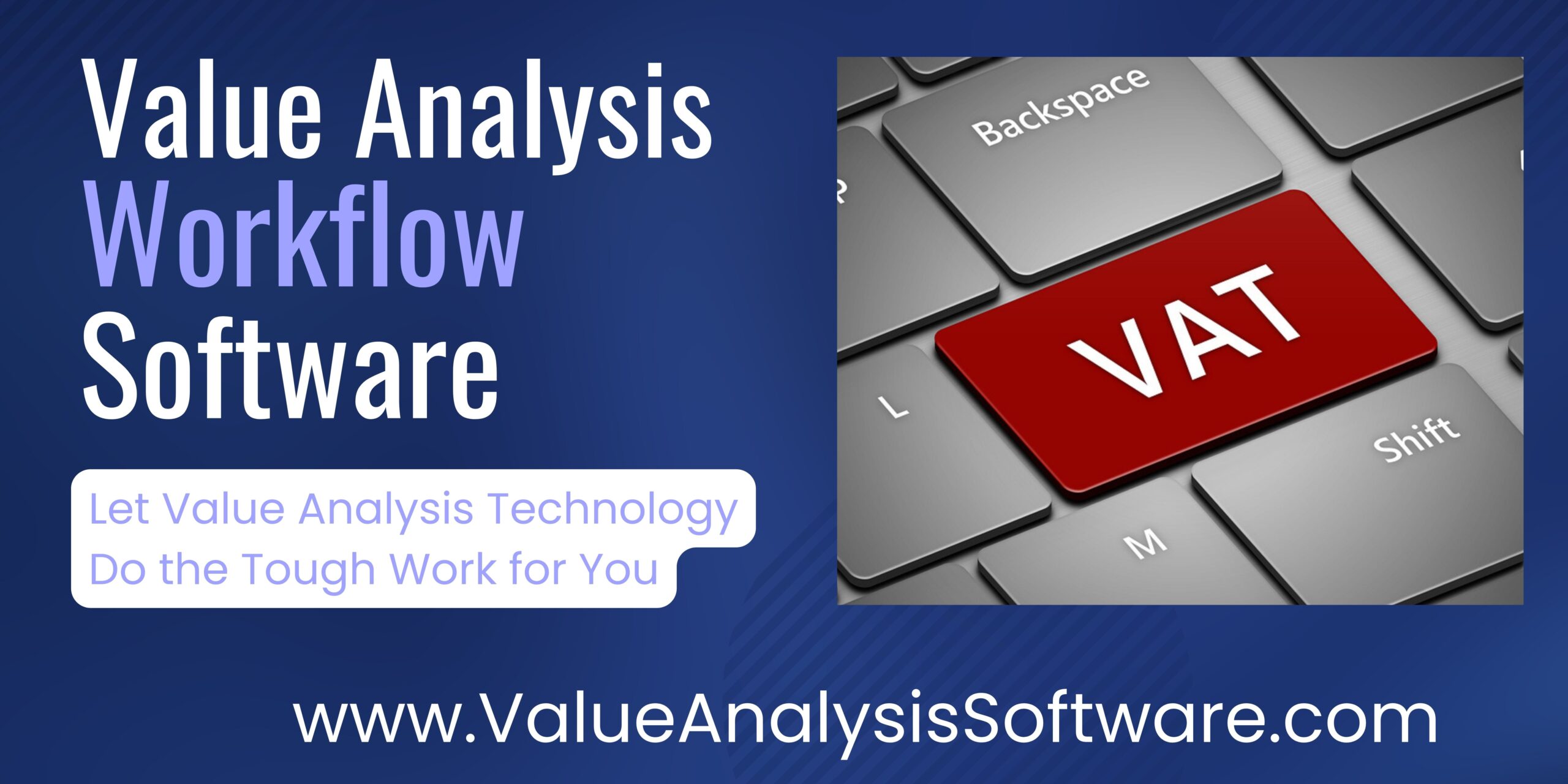Hays Waldrop, Founder & President, Council of Supply Chain Executives
Justin Poulin, RN, Founder & Lead Host, Power Supply Chain Podcast
Garry Skinner, Partner & Transformational Leader, Discover S3
I had the great experience of being one of the guest speakers on Power Supply Chain Podcast a few months back. In preparing for the podcast, I thought I would listen to a few of their podcast episodes to get a flavor for how my talk would go with them. Well, not only did I listen to a few podcasts, but I ended up listening to all of them and could not wait until the next podcast was published. I was an instant fan and was happy to finally have a healthcare supply chain podcast that spans the entire space of our industry with relatable topics, some of which I knew a little about but now know so much more. I felt that it was worth letting our readers of Healthcare VA & Utilization Management Magazine know about these amazing supply chain podcasts and the team behind them.
HVAUM: Podcasting is huge in most industries/niches, including the healthcare supply chain space. Why do you think podcasting has finally turned the corner and is even more important to the healthcare supply chain world than ever before?
HW: I think one big reason is timing. The last 18 months to two years with Covid-19 have dramatically impacted our industry. Of course, it directly relates to the entire healthcare supply chain and the speed that it is moving right now. That includes a faster pace of learning and people’s desire know, to go out and learn and find other ways to educate themselves. Podcasting has been around for a long time, but I do think in the last couple of years, it’s certainly turned the corner. That desire to learn more is really the reason I enjoy podcasting. It has been a lot of fun for me. People are starting to just find our podcast. It’s another way to learn while you’re working, working out, driving, whatever. It’s a great platform for learning.
GS: It’s a new avenue. It’s another way to get information. A new genre for millennials, if you will. The new individuals coming into supply chain want something like this. Now Power Supply is one of those avenues. For me, the more information that I can take in on a day-to-day basis makes me smarter. The podcast is a fresh resource, and it has become a new quick source too. The best part about it is that it’s free to the listeners.
JP: From an education standpoint, people aren’t going to the professional trade organization meetings so there is a thirst recently for great information and speakers to learn from. Many are cutting the cord and becoming more comfortable with consuming media from their phones and other devices which gives them incredible accessibility to this great podcasting content.
What does Power Supply Podcast bring to the healthcare supply chain space as well as impacting the healthcare industry overall?
JP: A lot of people are tired of learning through the old methods like death by PowerPoint situations. They want creative ways, and they want to direct their own learning. One of the things that the Power Supply Podcast brings is this broad sweeping, everything is on the table type of conversations. We consistently bring these great speakers and informative conversations to our listeners and will continue to do so in the ensuing years.
Most importantly, we showcase two additional elements to the healthcare supply chain space. Number one, we want to allow them to learn about products and services passively. People are afraid to reach out to potential solutions because they think they’re going to get hounded by a sales rep. One element we can bring is that we can spotlight products and services as well as companies and the solutions that they deliver, but then the consumer gets to learn about that on their own terms and choose what they learn about. Supply chain professionals would like to understand the products from companies and suppliers, and what they have to offer without feeling like now they’re on a call list and they’re going to get bugged because they’re already way too busy.
Secondly, we want to break down silos between supply chain and clinical departments. We’ve had several podcasts where we brought on clinicians to talk about the clinical view when it comes to things like preference cards for instance. We don’t just want supply chain professionals to listen to our podcasts, but we believe clinicians can be informed from them as well. We want folks in the operating room to listen to the considerations that supply chain has when they’re trying to help them make sure that they have their needed instruments and supplies for their cases.
How does Power Supply Podcast’s approach make it stand out from all the other podcasts that have come and gone in the healthcare supply chain over the years? Basically, why should non-listeners start to listen now?
HW: Supply chain is not the most exciting topic on earth, but we’re trying to elevate that and put a little fun in it at the same time for our listeners and us. I think we’re getting better at that.
I listen to a lot of podcasts, particularly over the last two years. Some of them are absolutely boring me to tears. To get through podcasts faster, I listen to everything at about 1.8 to 2.0 speed. Even with that, some of them are still boring and I don’t even get through them at that faster speed. We want to bring out the personality in who we’re talking to and get them to hopefully share something that they wouldn’t otherwise share.
GS: There are some good podcasts out there and some good supply chain podcasts that I get a lot of information from inside and outside of healthcare. What I think the key factor that Justin, Hays, and myself bring to the table on Power Supply is our diverse experience. Justin being an RN, Hays’ work with Executive Leaders, providers, and suppliers, and my work with the vendor supply chain with a full circle approach. We bring the dock talk that our listeners want to hear.
Who is your ideal audience for the Power Supply Chain Podcast? (e.g., Who should be listening?)
GS: It’s an opportunity for the new individuals going into supply chain, whether you’re a distribution or inventory specialist, or you start getting into the supply chain side, or maybe you’re even a brand-new nurse in the OR and you don’t know what supply chain does. I think it’s an opportunity to really let someone understand what supply chain looks like. I’ve had some recommendations where people have listened to a particular podcast and then taken it to their staff and had their staff listen to it and say, “I want you to listen to this 27-minute podcast on this specific topic, because I think it’ll help you understand the relationship between the OR and supply chain.” There’s definitely an opportunity for education as we move forward as well as better understanding and orientation. Also, as newbies come into this field to really get a real life presence of what it looks like, they can study, they can go through the courses, which are all part of the process and the education. If you get some real people who have been in the profession for a long time and hear their expertise, that’s worth a lot.
You have published about 20 podcasts in the past six months. What sort of feedback have you gotten from your listeners about the Power Supply Podcasts?
JP: The most flattering feedback we’ve gotten was from Brian Bartel, who’s the Education Chair at AHRMM. He’s a recent guest on our podcast. Brian said to us, “I just love your podcast. I look forward to them coming out every single week. Nobody’s doing it the way that you all are doing it.” What was really great about the feedback we got from Brian is that it validated that what we just told you was different about us was what was perceived as different about us when Brian gave us that same feedback. It’s one thing to have an idea in your mind about what you want something that you’re producing to be, and what it could be. It’s another thing for somebody to reach out to you, without you telling them that that’s what you want to accomplish, and for them to be so synchronized with what you were hoping to achieve kind of organically. That’s incredibly validating for us as a team. I just can’t thank Brian enough for saying that and then being willing to come on. As we move forward and do more creative things, we hope to have more interactions with AHRMM in the near future.
What can we expect in the future from Power Supply Chain Podcast?
JP: The plan for year one is to do episodes every other week built around a baseline of about 32 episodes. Once we hit year two, which will be April 1st, 2022, we’ll start to go to a seasonal format as well as go weekly. At that point in season two, there’ll be eight episodes. Then we will re-release five episodes from year one because we know that until about year three, we’re going to have consistent growth. I’ve seen that growth in all the podcasts that I’ve done. There’s nothing wrong with repurposing episodes for those that have not listened yet or are just finding us in the second or third season of the podcast. So, year one is sort of season one, but season two will be in the spring. Then, the summer will be season three.
GS: We have so many opportunities to look at, so many different pieces that touch supply chain. I think there’s a list of individuals that I’ve been tracking after that can bring their unique perspectives to our listeners. We are always sharing our ideas – Hayes, Justin, and myself – on making this better. We are getting more directional on some different yet very interesting bits and pieces that greatly impact supply chain, like cybersecurity which has become a big issue.
“Power Supply Podcast helps to bring real information out to the healthcare market. I appreciate the fact that they’re trying to target real users and everyday issues. I appreciate what I learn from this podcast!” Suzi Collins, Market Director, Supply Chain (Arizona), Stewart Health Care
“Not only is the team highly educated and passionate about sharing this information with others and improving healthcare supply chain, they are funny. There are not many in this industry that can take historically mundane supply chain topics and turn them into quality sessions with a flair for entertaining and engaging. The thing I can appreciate most is how this team is changing as times change. I have been in healthcare supply chain for decades and have seen the newer professionals steer away from traditional education sessions and in-person meetings. The inception of these podcasts has helped change the trajectory and skill level of the emerging leaders in this field and all who continue in healthcare will benefit from this. They are to be commended for their passion and efforts.” Kelli McRory, Director, Clinical Strategic Sourcing, Jefferson Health
“I think the Power Supply Platform is a new omni media opportunity that allows the user to connect, stream education, and curate their learning process how and through the channel they best prefer. This leads to more cultivation of new types of perpetual self-starting learners and exposure and networking that really doesn’t have bounds. Point, click, learn, connect, and digest. It allows a cross pollination of sorts from skills and thought processes across silos in the healthcare continuum.” Vin Matozzo, MBA, LSSB, CEO & Managing Partner, Paradigm Venture Group, LLC
Articles you may like:





